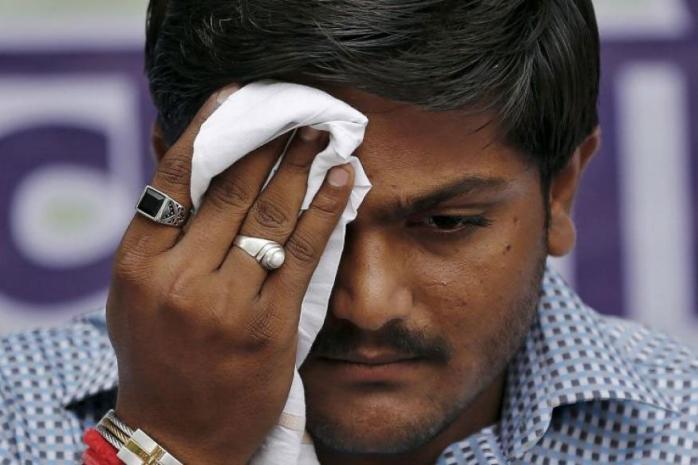“Experts,” especially those quoted frequently by the media, are constantly warning us of dangers to our kids. What usually grabs our attention and instills fear in our hearts are the case stories they present. Some child, somewhere, was out playing without a parent nearby and was abducted and murdered. Therefore, anyone who allows his or her child to play outside, not closely watched by an adult, is a negligent parent. Some distraught young man in South Korea plays a video game for fifty straight hours without stopping to sleep or eat, goes into cardiac arrest, and dies. Therefore, video games are addictive, dangerous, and we must either ban them or curtail their use so our children don’t die like that poor South Korean.
Case stories like these are tragic; and, yes, tragedies do happen, usually in ways that are completely unpredictable. But what we must remember when we hear such stories is that there are approximately 7 billion people in the world. That’s 7,000,000,000. That young man in South Korea represents 0.000000014 percent of the world’s population. With 7 billion people, some really weird thing is going to happen someplace every day. The fear-mongering “experts” and media will never run out of shocking stories to tell us.
Today, worldwide, hundreds of millions of people play video games. The vast majority of those players are perfectly normal people, meaning that nothing newsworthy ever happens to them, but some small percentage of them are killers, some are extraordinarily depressed, some are suicidal; and every day some video gamer somewhere does something terrible or experiences something terrible. All this is also true of the hundreds of millions of people who don’t play video games. This is why case stories, by themselves, are worthless. If we want to know about the consequences of playing video games, or of anything else, we need well-designed research studies and statistics. The emphasis here is on the well-designed.
For many years now, researchers have been trying to prove that video games are bad. Much of the attention has focused on the violent content of some of the games, and many dozens of studies have been done in attempts to prove that playing violent video games causes real-world violence. This past year, the US Supreme Court was faced with the task of evaluating that research, in the case of Brown versus Entertainment Merchants Association. After much testimony and study, the court concluded, “Studies purporting to show a connection between exposure to violent video games and harmful effects on children do not prove that such exposure causes minors to act aggressively.” In 2010, the Australian government–faced with petitions to ban or restrict video games with violent content–reached a similar conclusion after evaluating all of the evidence. And social scientists who have scrutinized the studies and conducted meta-analyses of them have also come to that conclusion (see my essay of Jan. 7, 2012).
Perhaps the most well-designed research study to date aimed at finding a causal effect of video game violence on real-world violence is that by Christopher Ferguson and his colleagues, at Texas A&M International University, which will soon be published in the Journal of PsychiatricResearch.[1] Ferguson’s group followed a sample of 165 young people over a three-year period, assessing their video game play and various other aspects of their lives. They found no relationship at all between exposure to violent video games and real-world violence committed by these young people. They did find, however, that their subjects’ real-world violence was rather strongly predicted by the real-world violence they were exposed to in their daily lives. Kids whose parents or friends were violent were, no surprise, significantly more likely to engage in real violence themselves than were kids whose parents and friends were not violent. Video gaming, no matter how “violent” the game, had no effect at all. Ferguson’s study and many others lead to the conclusion that, while real-world violence causes more real-world violence, pretend violence does not.
via; Psychology today














